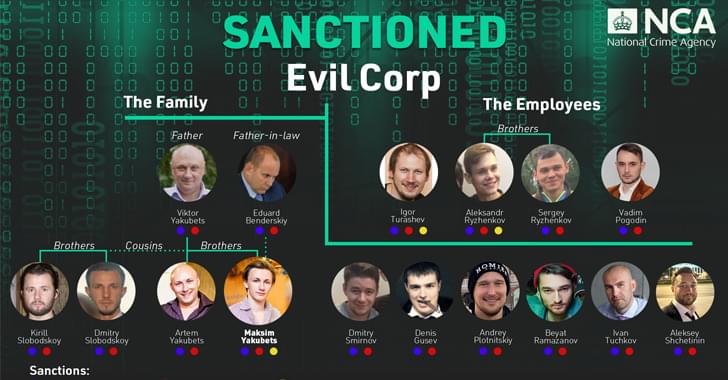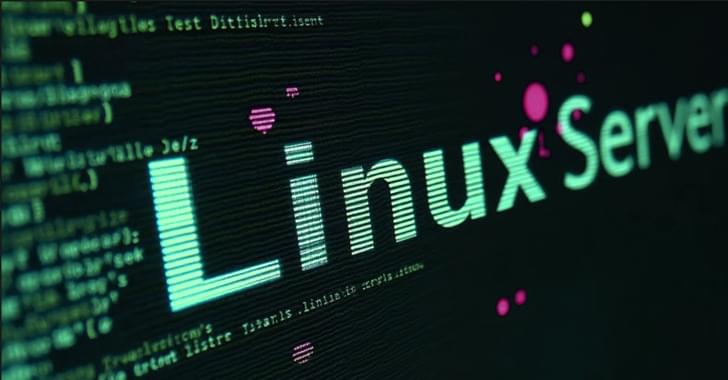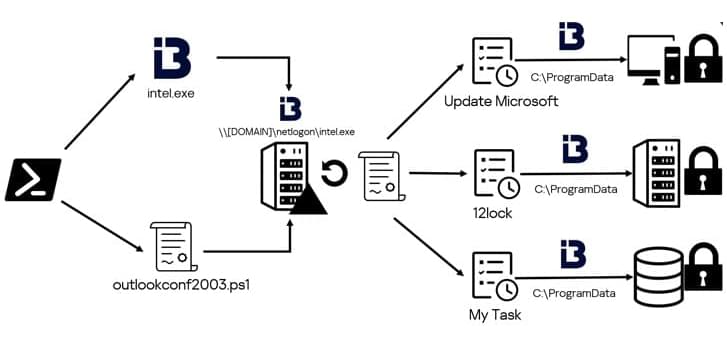Organizations are losing between $94 — $186 billion annually to vulnerable or insecure APIs (Application Programming Interfaces) and automated abuse by bots. That’s according to The Economic Impact of API and Bot Attacks report from Imperva, a Thales company. The report highlights that these security threats account for up to 11.8% of global cyber events and losses, emphasizing the escalating risks they pose to businesses worldwide.
Drawing on a comprehensive study conducted by the Marsh McLennan Cyber Risk Intelligence Center, the report analyzes over 161,000 unique cybersecurity incidents. The findings demonstrate a concerning trend: the threats posed by vulnerable or insecure APIs and automated abuse by bots are increasingly interconnected and prevalent. Imperva warns that failing to address security risks associated with these threats could lead to substantial financial and reputational damage.









